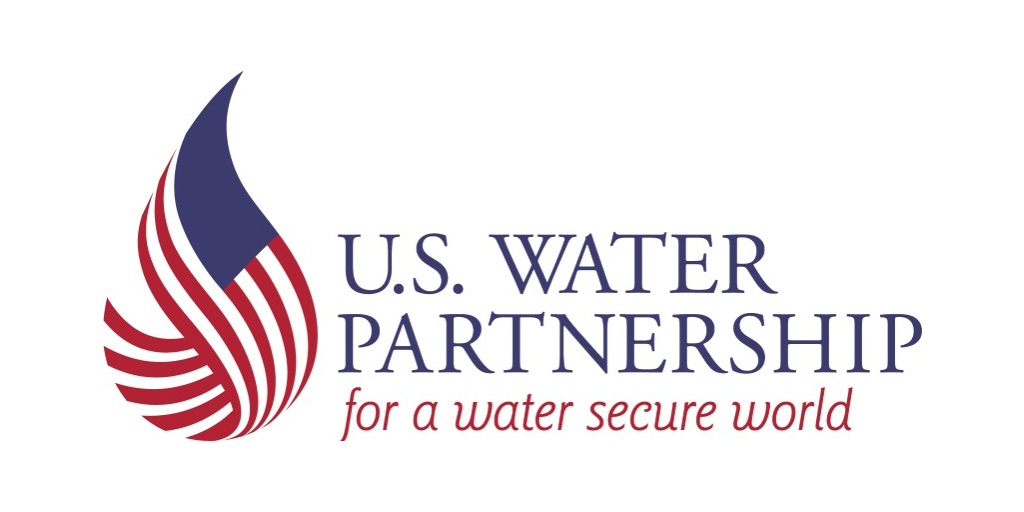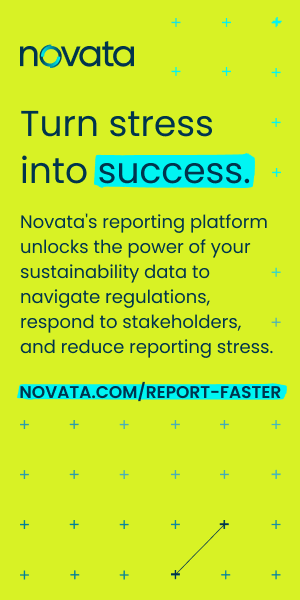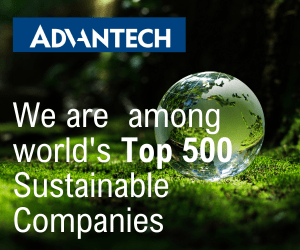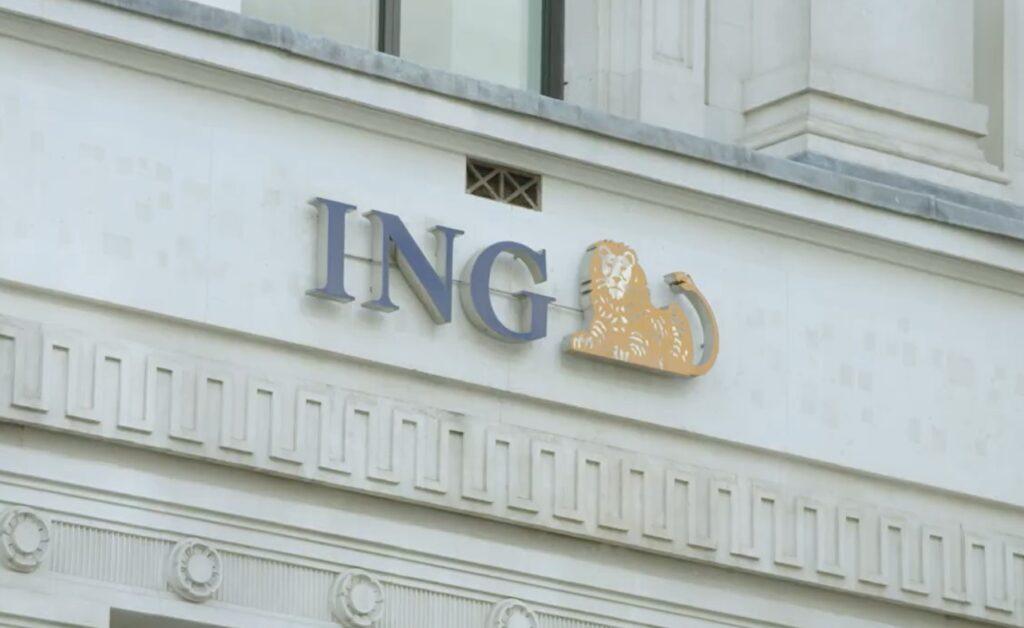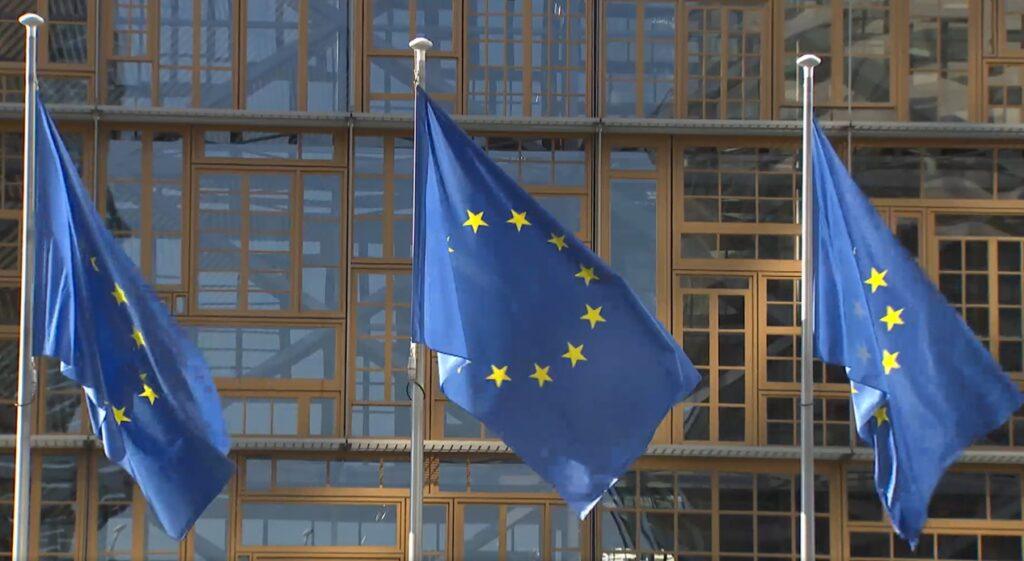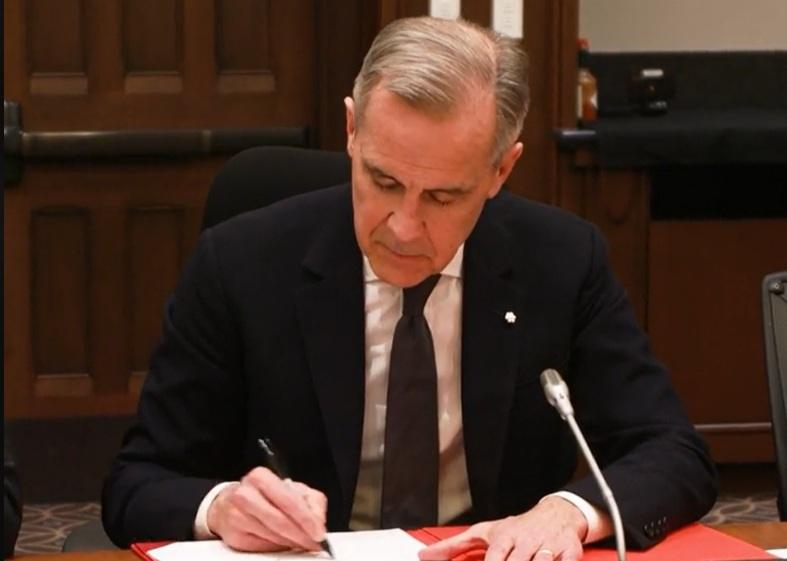Successful U.S.-ASEAN Smart Cities program offers blueprint for high impact, peer-to-peer water utility partnerships that advance UN SDG 6
WASHINGTON–(BUSINESS WIRE)–The U.S. Water Partnership (USWP), a non-profit, public-private partnership established to improve global water security by mobilizing U.S. expertise to support climate resilient water management solutions, announced a planned expansion of its flagship Water Smarts Engagements (WiSE) program. The success of the program has created demand for its expansion in Latin America and other water insecure regions worldwide.
Funded by the U.S. Department of State’s Bureau of Oceans and International Environmental and Scientific Affairs (OES) and implemented by USWP, the Water Environment Federation (WEF) and Global Ties U.S., WiSE is a capacity-building program that partners water utilities in other countries with their U.S. counterparts to exchange insights and innovations that strengthen sector governance, financing, institutions, and markets.
Through the U.S.-ASEAN (Association of Southeast Asia Nations) Smart Cities Network, five urban water utilities in Southeast Asia were paired with five leading U.S. water utilities to share best practices and catalyze solutions, including non-revenue water reduction, improved operational efficiency, utilization of nature-based solutions, and strengthened disaster response preparedness for urban water systems supplying more than 21 million people. The WISE program delivers on the U.S. Government’s Global Water Strategy (2022-2027) by providing expertise and support to international service providers and regulators.
Speaking today at the U.S.-ASEAN partnership’s five-year celebration, USWP Executive Director Christopher Rich noted that the peer-to-peer model has proved to be a blueprint to advance climate-resilient water management for metropolitan utilities worldwide in support of the UN Sustainable Development Goal 6 (UN SDG 6): Ensure access to water and sanitation for all.
“Water utilities everywhere face the converging impacts of climate change, population growth, aging infrastructure, watershed depletion, and wastewater treatment capacity. Peer collaboration can scale technologies that conserve energy, recover and reuse water, and minimize water waste while building operator capabilities to adopt measures that increase resilience,” said Rich.
WiSE U.S. – ASEAN utility pairings comprised:
- Provincial Waterworks Authority (Phuket, Thailand) with the Water Council (Milwaukee, Wisconsin)
- Saigon Water Corporation (Ho Chi Minh City, Vietnam) with the San Francisco Public Utilities Commission (San Francisco, California)
- Permodalan Darul Ta’zim (Johor Bahru, Malaysia) with DC Water (Washington, District of Columbia)
- Vientiane City Office for Management and Services (Vientiane, Laos) with Clean Water Services (Hillsboro, Oregon)
- Metro Cebu Water District (Cebu, Philippines) with the Miami-Dade Water and Sewer Department (Miami, Florida)
A key outcome of the U.S.-ASEAN bilateral water utility partnerships are the long-term relationships forged and the commitments to exchange best practices to improve wastewater discharges, strengthen climate adaptation, and increase efficiencies in operations. Continued cooperation will further catalyze water finance, service delivery, cyber security, and policy solutions.
“The U.S. Water Partnership’s Water Smart Engagements (WiSE) program is evidence of how crucial it is to build long-term, multi-country relationships that exchange knowledge to address the shared complexities of building more resilient cities and communities around the world. The Department of State is pleased to have supported this initiative for five years, which demonstrates our commitment to implementing the U.S. Global Water Strategy,” said Julien Katchinoff, Water Team Lead at the U.S. Department of State.
“Our future demands resilience,” said Dean Amhaus, President and CEO of the Water Council in Milwaukee, a WiSE utility partner. “Achieving effective adaptation systems for well-functioning water services is essential to reduce vulnerability and ensure future availability. Building resilience through integrated water resource management is critical to mitigating climate change impacts.”
Now in its sixth year, WiSE has promoted sustainable water management for 10 cities – advancing the global effort to achieve universal and equitable access to safe and effectively managed water and sanitation services without increasing greenhouse gas emissions.
U.S. Water Partnership (USWP): Founded in 2012, the U.S. Water Partnership unites and mobilizes U.S. expertise, resources, and ingenuity to address water challenges around the globe. USWP has a network of more than 130 multi-sector members, including 16 federal departments and agencies, academic institutions, water coalitions, NGOs, and private sector companies. These expert water and resilience partners provide best practices, business models, data, and tools to serve local utility and community resource and infrastructure needs to over 30 countries. Through its secretariat, the Global Environment & Technology Foundation (GETF), USWP connects people and resources, harnessing partner technical skills and capabilities to advance understanding of critical water issues and scale evidence-based solutions to solve these global challenges.
U.S. Department of State Bureau of Oceans and International Environmental and Scientific Affairs (OES): The Mission of the Bureau of Oceans and International Environmental and Scientific Affairs is to provide American leadership, diplomacy, and scientific cooperation to conserve and protect the global environment, ocean, and space for the prosperity, peace, and security of this and future generations.
Water Environment Federation (WEF): The Water Environment Federation is a not-for-profit technical and educational organization of more than 30,000 individual members and 75 affiliated Member Associations representing water quality professionals around the world. Since 1928, WEF and its members have protected public health and the environment. WEF and its global network of members and member associations provide water quality professionals around the world with the latest in water quality education, training, and business opportunities. WEF’s diverse membership includes scientists, engineers, regulators, academics, utility managers, plant operators, and other professionals. WEF uses this collective knowledge to further a shared goal of improving water quality around the world.
Global Ties U.S.: Global Ties U.S. is the national leader for connecting people and communities in the United States with global leaders through international exchange programs. Since 1961, Global Ties U.S. has powered a community-based network of 80+ nonprofit organizations that serve all 50 U.S. States and implement the International Visitor Leadership Program (IVLP) and a wide variety of other international exchange and public diplomacy programs.
Contacts
Christopher Rich, Executive Director
U.S. Water Partnership
+1 703-999-1235
chris.rich@uswaterpartnership.org

